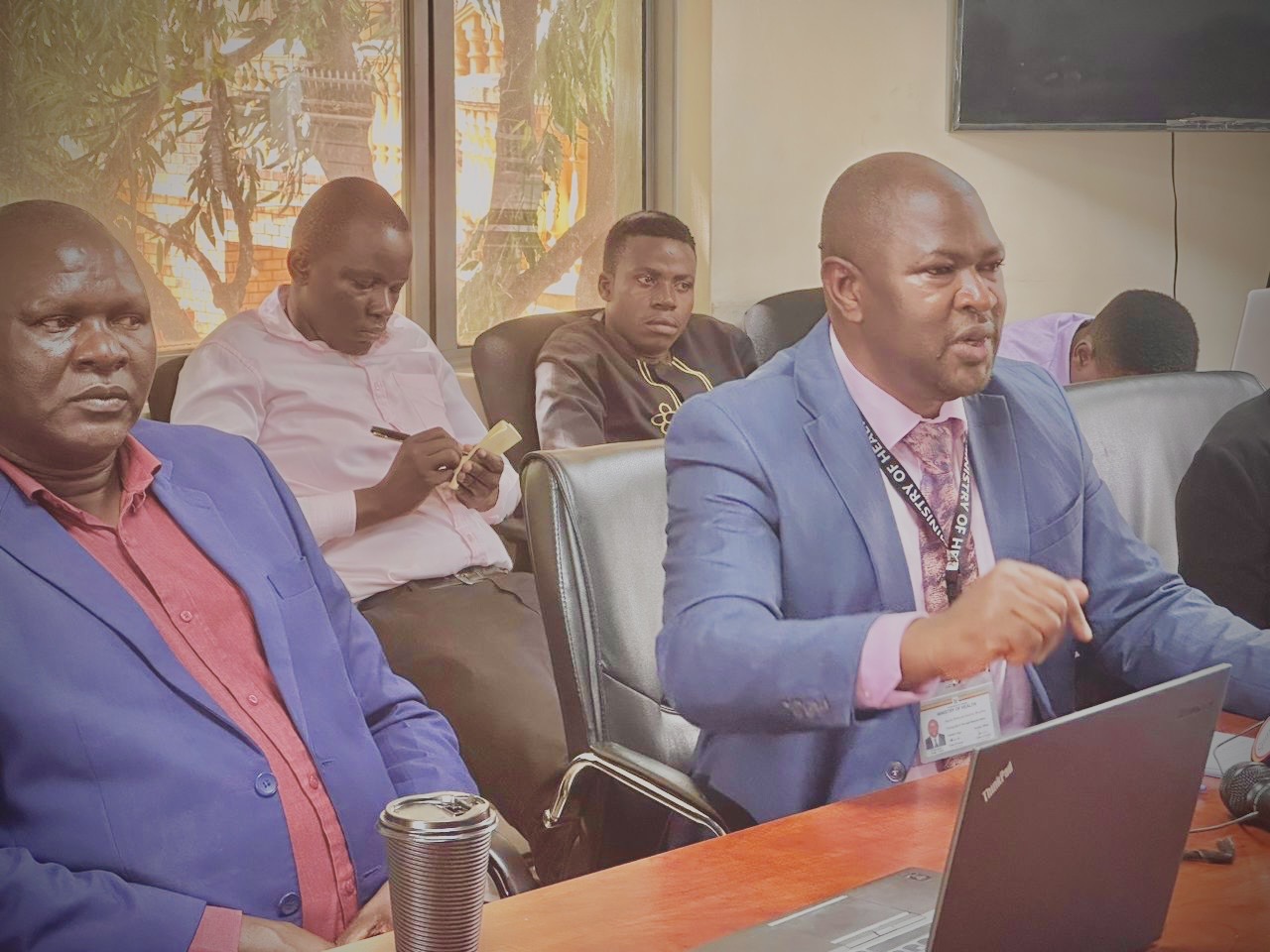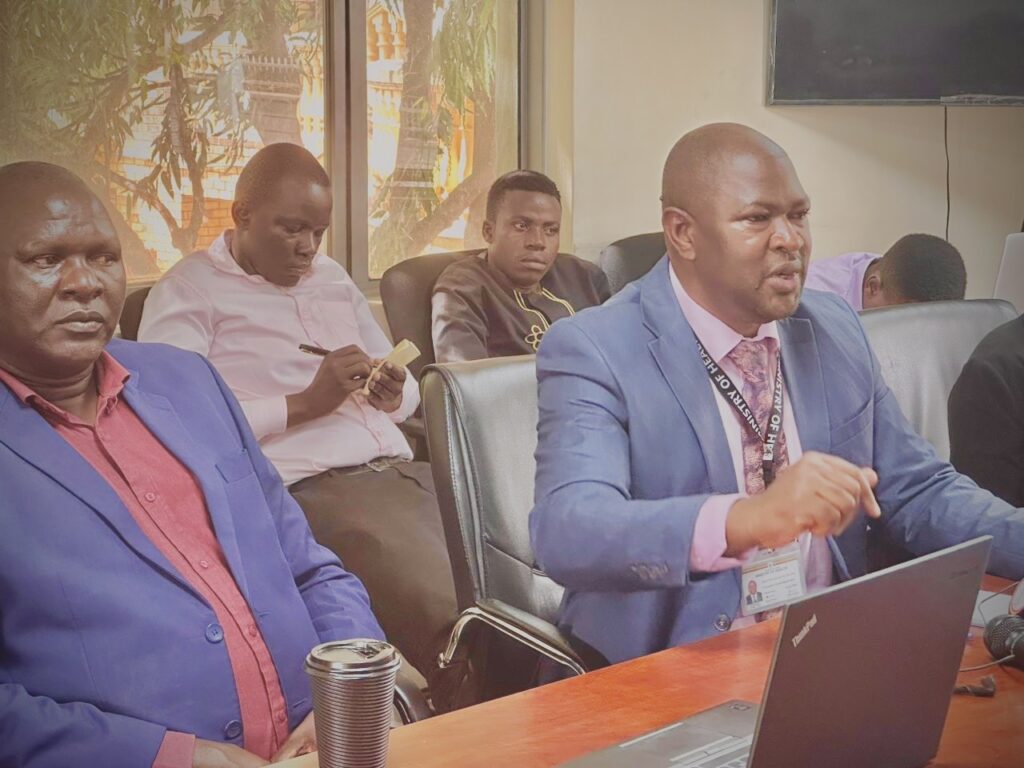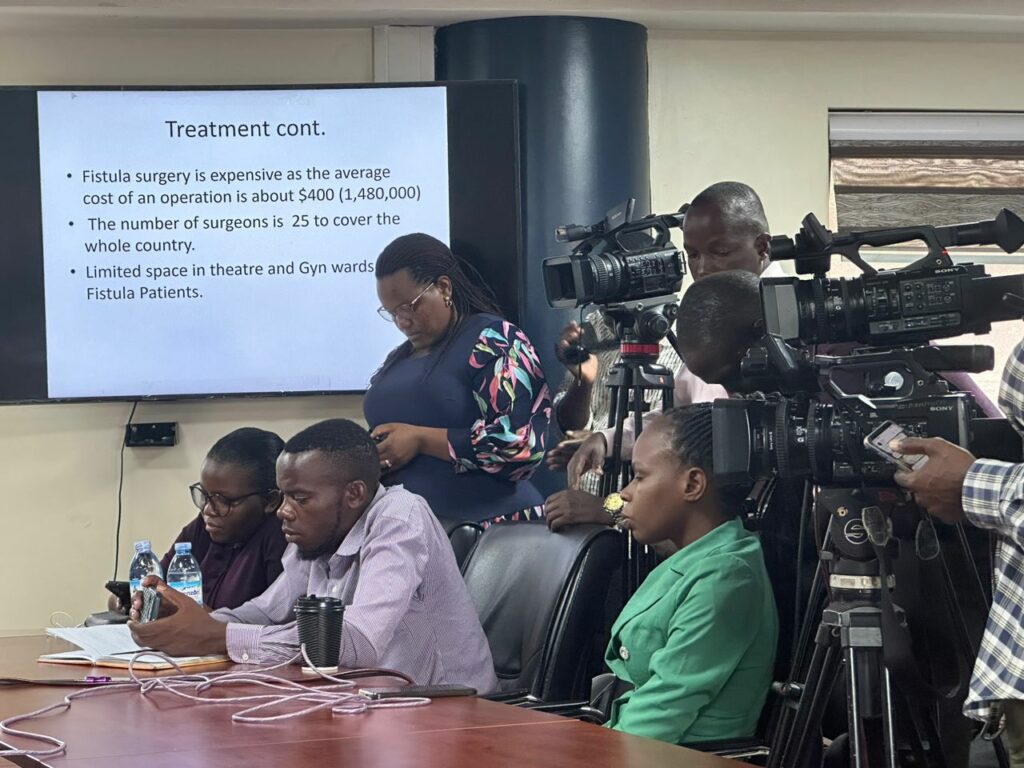
 Mama FM
Mama FM

 Mama FM
Mama FM
8 May 2024, 5:15 pm
Byamukama Alozious
As Uganda prepares to mark the International Day to End Obstetric Fistula, the Ministry of Health is redoubling its efforts to enhance access to quality Sexual and Reproductive Health (SRH) and Family Planning (FP) services. This initiative aims to combat obstetric fistula, a debilitating condition with severe physical, social, and economic consequences, particularly affecting rural, socially disadvantaged, and young women.
Obstetric fistula, characterized by abnormal communication between the genital tract and urinary or digestive systems, results in uncontrollable leakage of urine or stool. The devastating effects often include infant mortality and significant hardships for affected women.
According to health officials, key factors contributing to fistula incidence include teenage pregnancy, childbirth under unskilled attendants, inadequate antenatal care, malnutrition, cultural practices, limited male involvement, and poverty. Economic disadvantage often impedes access to treatment, which can be prohibitively expensive, with an average cost of $400 per operation.
The scarcity of qualified professionals further compounds the challenge, with only 25 surgeons available nationwide. Obstetric fistula can result from prolonged obstructed labor or delivery interventions, among other causes, and treatment typically involves surgical intervention. However, stigma and discrimination against fistula survivors persist, hindering their reintegration into society.
While meeting the press today, Dr. Rony Bahatungire, the commissioner in-charge of clinical services at ministry of health said that the causes include Teenage pregnancy/Child marriages, Mothers delivering under unskilled birth attendants, Mothers not attending routine Antenatal Care, Malnutrition. Cultural Practices such as Arutu dance among the Samias, Limited Male Involvement in supporting pregnant mothers and Poverty.

“Most women who live with fistula are economically disadvantaged which hinder hinder treatment” he said
Halima Namakula, Executive Director of Women at Work International, highlights the stigma and isolation faced by fistula survivors, urging public support and compassion. Currently, treatment is available at select health centers and referral facilities, but efforts are underway to expand access across the country.
Currently, fistula treatment are available at a few health centers and regional referrals and some private health fascilities which are ; Mulago Specialized Women and Neonatal Hospital, Nsambya Hospital. Mubende RRH, St. Joseph’s Hospital Kitovu, Nakaseke General Hospital, Hoima RRH, Kagadi General Hospital, Jinja RRH, Kamuli Mission Hospital, Mbarara RRH, Uganda Martyrs’ Hospital Ibanda, Rweibale HCIV, COU Hospital Kagando, Nyakibaale Hospital, Bwindi Community Hospital, COU Hospital Kisiizi and Our Lady of Good Health Rushoroza
The Ministry of Health has outlined a comprehensive plan to address fistula, including scaling up antenatal and emergency obstetric care, enhancing family planning services, educating adolescents about pregnancy complications, and community sensitization initiatives. These efforts aim to break the cycle of fistula and improve the well-being of affected women.

In conclusion, by prioritizing access to quality SRH and FP services, Uganda is taking proactive steps to prevent and treat obstetric fistula, thereby empowering women and safeguarding their reproductive health rights.